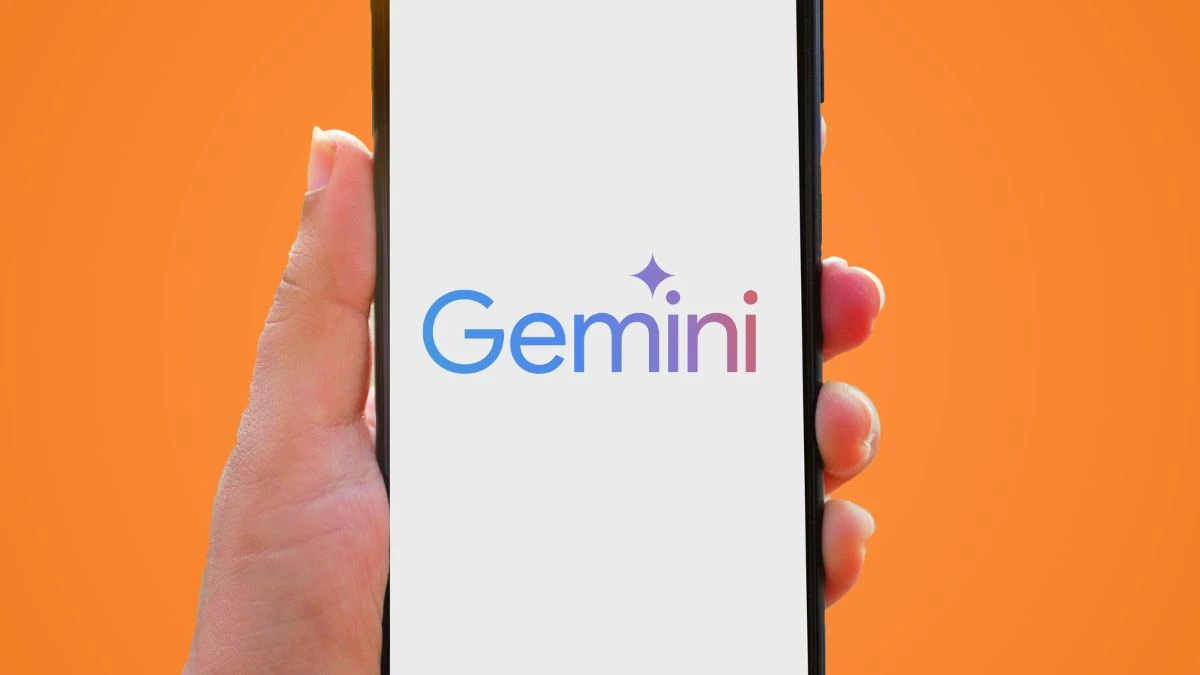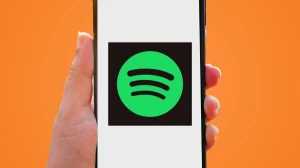Google Wants to Bundle Gemini AI with Maps and YouTube
Google is working on a plan to connect Gemini AI with services like Maps and YouTube. This would put AI tools directly into products millions already use every day.
Right now Gemini is Google’s main AI model. It can answer questions, summarise information, and create new content from text or images. Bundling it with Maps could make navigation more personal.
You might get AI help that explains the fastest route while also pointing out useful stops along the way. It could suggest better travel times by learning from your habits.
With YouTube, Gemini could make search and recommendations sharper. Instead of just showing videos based on your watch history, the AI could understand what you are looking for and pull up more targeted results.
It might even break down a long video into quick summaries so you can get the useful parts faster. For creators, AI might help by suggesting edits or video titles based on trends.
Google’s main push seems to be making Gemini available without needing a separate app. If you already use Maps or YouTube, you would get AI support right there. This could make it easier for people who have never tried AI tools before to start using them without extra steps.
There are clear benefits for users. Tasks could be quicker. Information could be more accurate for your needs. People could save time by skipping things that are not relevant.
But there are questions around privacy. For this to work well, the AI would need to learn from your Maps history, YouTube views, or even your search patterns. That means Google would process more personal data in new ways. The company says it is building privacy controls, but details matter here.
Another point is how much control people will get over the AI features. Some may not want AI suggestions in every search or trip. If Gemini becomes part of these apps by default, users will need clear options to turn it off.
The change could also shape how other tech companies approach AI. If Google shows that AI works better when built into existing apps, others may follow. Apple, Meta, and Microsoft are already working on similar ideas.
For regular users, the shift will probably be gradual. At first, you may only see small changes, like different ways search results appear. Over time, the AI could handle more complex requests without you needing to switch between apps.
If Google gets it right, Gemini could feel less like a separate tool and more like part of daily internet use. If it gets it wrong, people may find it intrusive or unnecessary. Either way, it will change how Maps and YouTube work for millions of people.






